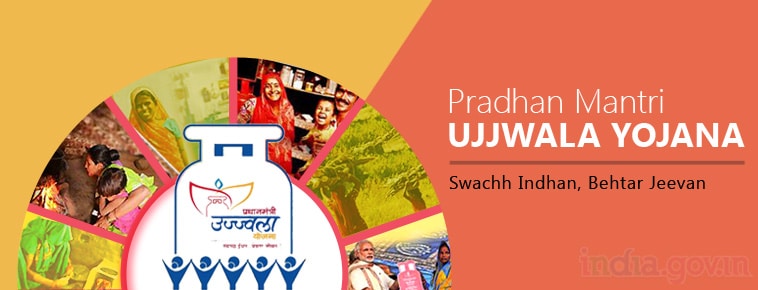About Social Stock Exchange:
- SSE is a novel idea in India, and a stock exchange of this kind is intended to benefit the private and non-profit sectors by directing more capital to them.
- The SSE will function as a distinct division of the current stock exchanges under the new regulations.
Who can list on SSE?
- Not-for-profit organisations (NPOs) and for-profit social enterprises with social intent and impact as their primary goal will be eligible to participate in the SSE.
- The social enterprises will have to engage in a social activity out of 16 broad activities listed by the regulator. The eligible activities include-
- Eradicating hunger poverty, malnutrition and inequality.
- Promoting healthcare, supporting education, employability and livelihoods.
- Gender equality empowerment of women LGBTQIA communities.
- Supporting incubators of social enterprise.
- Corporate foundations, political or religious organisations or activities, professional or trade associations, infrastructure companies, and housing companies, except affordable housing, will not be eligible to be identified as social enterprises.
- According to Sebi’s framework, a minimum issue size of ₹1 crore and a minimum application size for the subscription of ₹2 lakh are currently required for SSE.
Q1) What is the National Stock Exchange of India?
National Stock Exchange of India Limited is one of the leading stock exchanges in India, based in Mumbai. It is the world’s largest derivatives exchange by the number of contracts traded.
Source: NSE gets Sebi approval to launch Social Stock Exchange as a separate segment
Last updated on June, 2025
→ UPSC Notification 2025 was released on 22nd January 2025.
→ UPSC Prelims Result 2025 is out now for the CSE held on 25 May 2025.
→ UPSC Prelims Question Paper 2025 and Unofficial Prelims Answer Key 2025 are available now.
→ UPSC Calendar 2026 is released on 15th May, 2025.
→ The UPSC Vacancy 2025 were released 1129, out of which 979 were for UPSC CSE and remaining 150 are for UPSC IFoS.
→ UPSC Mains 2025 will be conducted on 22nd August 2025.
→ UPSC Prelims 2026 will be conducted on 24th May, 2026 & UPSC Mains 2026 will be conducted on 21st August 2026.
→ The UPSC Selection Process is of 3 stages-Prelims, Mains and Interview.
→ UPSC Result 2024 is released with latest UPSC Marksheet 2024. Check Now!
→ UPSC Toppers List 2024 is released now. Shakti Dubey is UPSC AIR 1 2024 Topper.
→ Also check Best IAS Coaching in Delhi






















